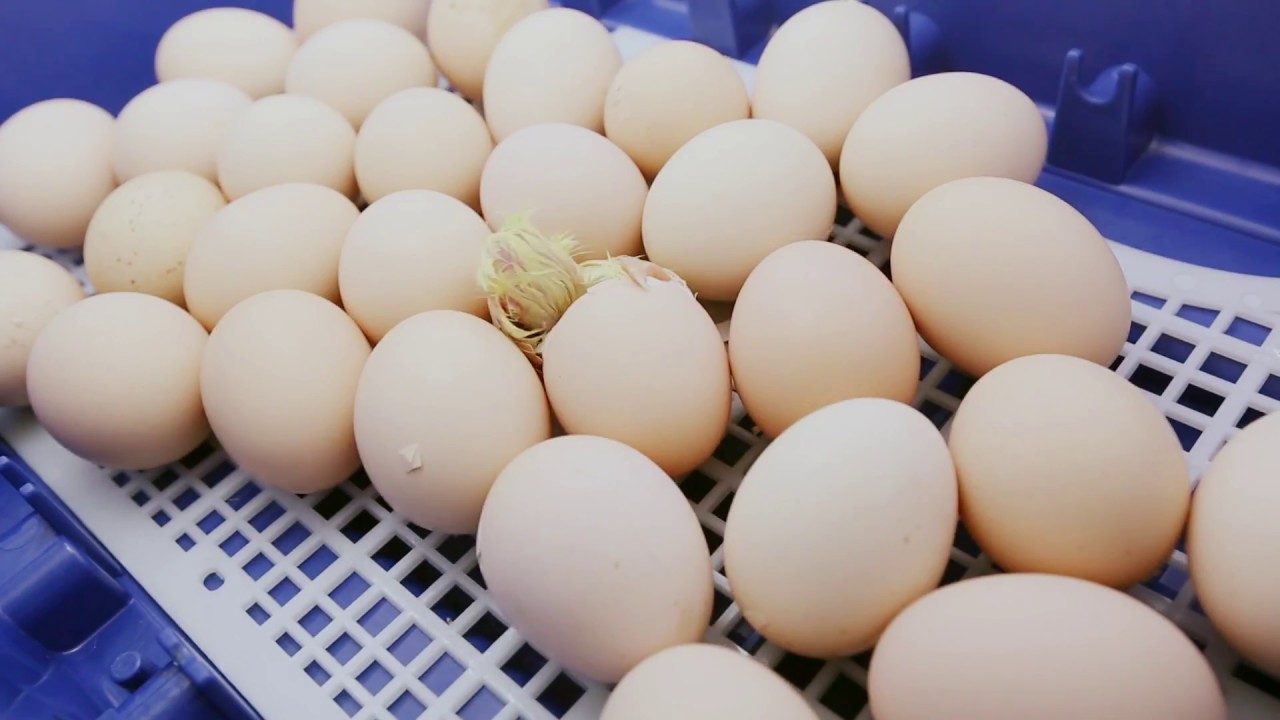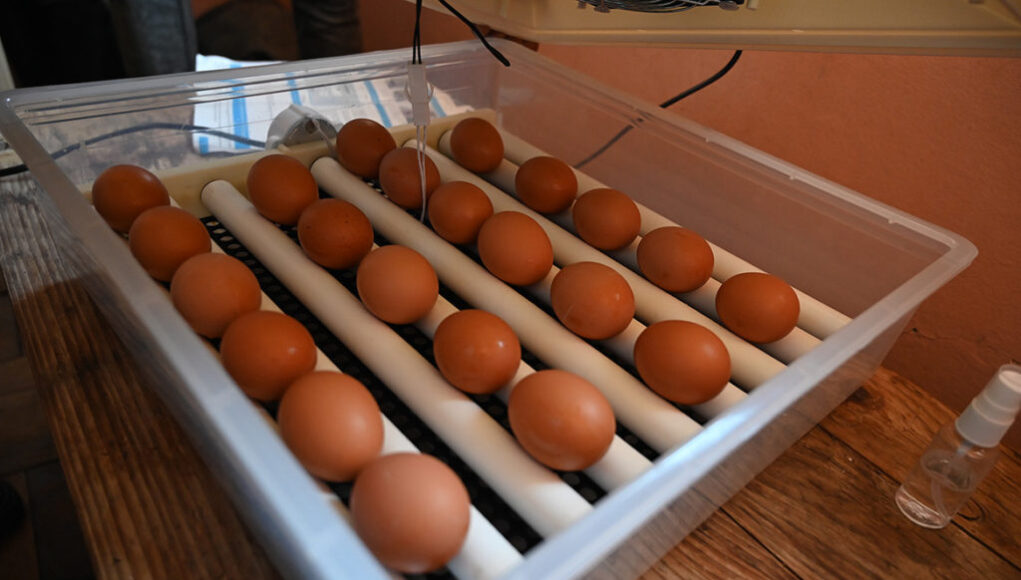For those passionate about poultry, the journey of hatching eggs is both an art and a science. The process of incubation, while fascinating, can sometimes be fraught with challenges. However, this does not deter the dedicated enthusiasts who make use of egg incubators to achieve remarkable success. In the following sections, we explore egg incubator success stories that capture the triumphs and lessons learned along the way. These stories are a testament to the dedication and ingenuity of chicken lovers everywhere.

Understanding Egg Incubation
The process of egg incubation involves maintaining optimal conditions for hatching eggs, which includes temperature, humidity, and ventilation. This delicate balance is crucial for successful hatching. For more detailed guidance on starting your incubation journey, you might find this Beginner’s Guide useful.
The Role of Egg Incubators
Egg incubators are devices designed to create the perfect environment for eggs to develop and hatch. These machines mimic the conditions provided by a brooding hen, ensuring the eggs are kept at the right temperature and humidity levels. Learn more about incubation techniques to enhance your understanding of this process.
Temperature Control
Maintaining a consistent temperature is vital for the development of embryos. Most incubators are set to a temperature of around 99.5F (37.5C). Variations can have significant effects on hatching success rates.
Humidity Levels
Humidity in an incubator is equally important. It prevents the eggs from losing too much moisture, which is crucial for the embryo’s growth. For tips on how to maintain the right humidity levels, check out this Humidity Guide.
Success Stories: Achieving Optimal Hatch Rates
Raising Rare Breeds
One of the most compelling egg incubator success stories involves breeders who specialize in rare and heritage breeds. These breeders often face the challenge of limited availability of eggs and the need for precise incubation conditions. Through meticulous attention to detail, they have been able to preserve and proliferate breeds that might otherwise be at risk of extinction.
Overcoming Challenges
Many enthusiasts have shared stories of initial failures turned into successes by learning from mistakes. Common issues include incorrect temperature settings, poor humidity control, and improper egg turning. By adjusting these variables, success rates have improved significantly. For those facing similar challenges, visiting this Egg Storage article could provide valuable insights.
Large-Scale Operations
Some stories come from large-scale operations where hundreds of eggs are incubated at once. These endeavors require advanced incubators with automation features that ensure a high hatch rate. Such operations often supply local farms and contribute significantly to the poultry industry.
Key Learnings from Successful Incubations
Monitoring and Adjustments
Successful incubators stress the importance of continuous monitoring. Regular checks on temperature and humidity levels allow for immediate adjustments, preventing potential hatching failures. For advice on when to candle eggs during incubation, refer to this Candling Guide.
Patience and Persistence
Many success stories highlight the value of patience and persistence. Incubation is a process that requires careful planning and consistent effort. Those who have achieved high success rates often share that perseverance in the face of setbacks is crucial.
Future of Egg Incubation
The future holds exciting possibilities for egg incubation, with technological advancements promising even greater success rates. From smart incubators that integrate with mobile apps to innovative materials that better regulate temperature and humidity, the potential for improved efficiency and effectiveness is immense.

FAQ
What is the ideal temperature for incubating eggs?
The ideal temperature for incubating chicken eggs is typically around 99.5F (37.5C). Maintaining this temperature is crucial for the development of the embryos.
How important is humidity in an egg incubator?
Humidity is very important in an egg incubator as it prevents the eggs from losing too much moisture. Proper humidity levels are crucial for the healthy development of the embryo.
Can I incubate different types of poultry eggs together?
While it is possible to incubate different types of poultry eggs together, it is important to ensure that they have similar incubation periods and environmental requirements. Monitoring and adjusting the incubator settings are crucial in such cases.
For more on caring for chicks after they hatch, visit this Chick Care Guide.
This article contains affiliate links. We may earn a commission at no extra cost to you.











